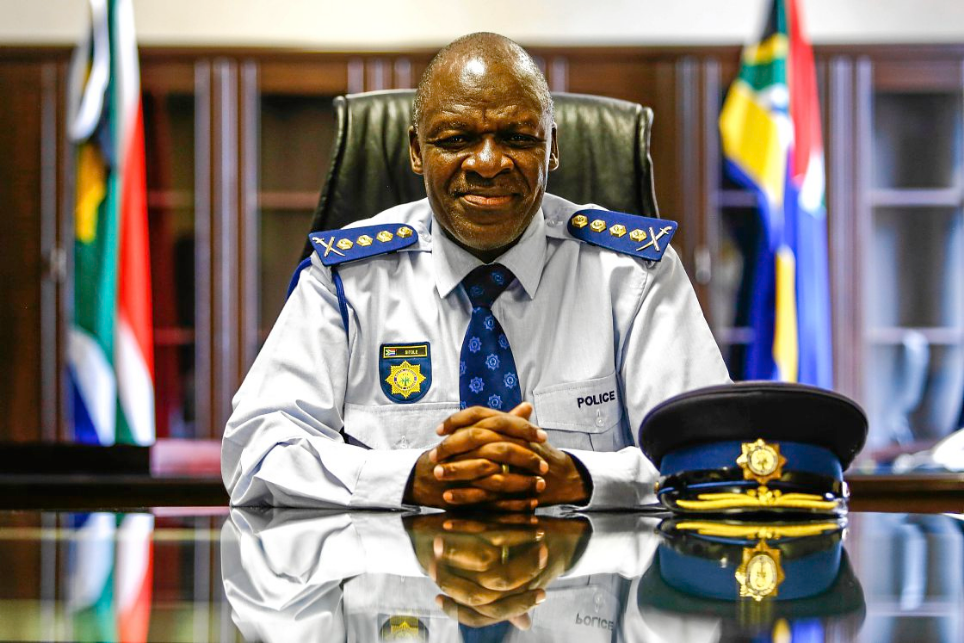THE national police Khehla Sitole says the lack of a comprehensive intelligence report prior to the July unrest was a “shortcoming” and not a failure.
Sitole was testifying at the South African Human Rights Commission’s investigation into the unrest on Tuesday.
More than 300 people died during the violence and looting that took place in Gauteng and KwaZulu-Natal.
While Sitole admitted that the country was embarrassed by the widespread unrest under his watch, he denied any suggestion that he failed at his job.
“It was not a gross dereliction of duty. Here I have explained that it was a shortcoming of intelligence,” said Sitole.
The police commissioner, who is currently in Turkey for an Interpol conference, said there was an early warning report received but there was no need to send it to the minister at the time, saying it was a just a normal routine intelligence report.
“There is no specific intelligence report, except in the intelligent report if there is something contained that requires me to bring that particular aspect to the attention of the minister,” said Sitole.
He further told the commission that the shortcomings were caused by lack of resources in crime intelligence and the police services.
“It’s capacity and resourcing. This does not lie with SAPS, they could not pick up any rise of the unrest modus operandi,” said Sitole.
“We did not have enough capacity to respond. The other main cause was the nature of the modus operandi used. SAPS was so overstretched in such a manner that the current establishment could not be everywhere at all times.”
“From the unfolding process, it was a planned gathering with an unpredicted modus operandi. The planners of the July unrest first developed a new modus operandi and they thereafter executed it. It was the first modus operandi of its kind and it was lifted very high.”
He said the evidence from their investigations indicated that the unrest was very well planned.
Sitole said, other than hiring more public order police officers, the SAPS needed to improve its intelligence services.
“We need to sharpen our intelligence. We have now captured the modus operandi. They knew that if they overstretch the response, we would not be quick enough,” he said.
He said about 1 000 additional police officers had been deployed to KwaZulu-Natal to assist with the unrest.
Sitole said he had engaged Treasury on more than 10 occasions since he was appointed in 2017 to discuss the lack of resources.
On allegations that police were nowhere to be found and were deliberately not assisting with the looting and violence, Sitole disagreed, stating police were on the ground and were able to prevent looting in some hotspots.
“The looting was taking place mostly at the malls and if I give you mall stats, by 2010 we had 1600, currently we have 2300 and we were not enough to cover all the malls at the same time to cover the sporadic demand. We needed the defense compliment,” he said.
The commission continues.



